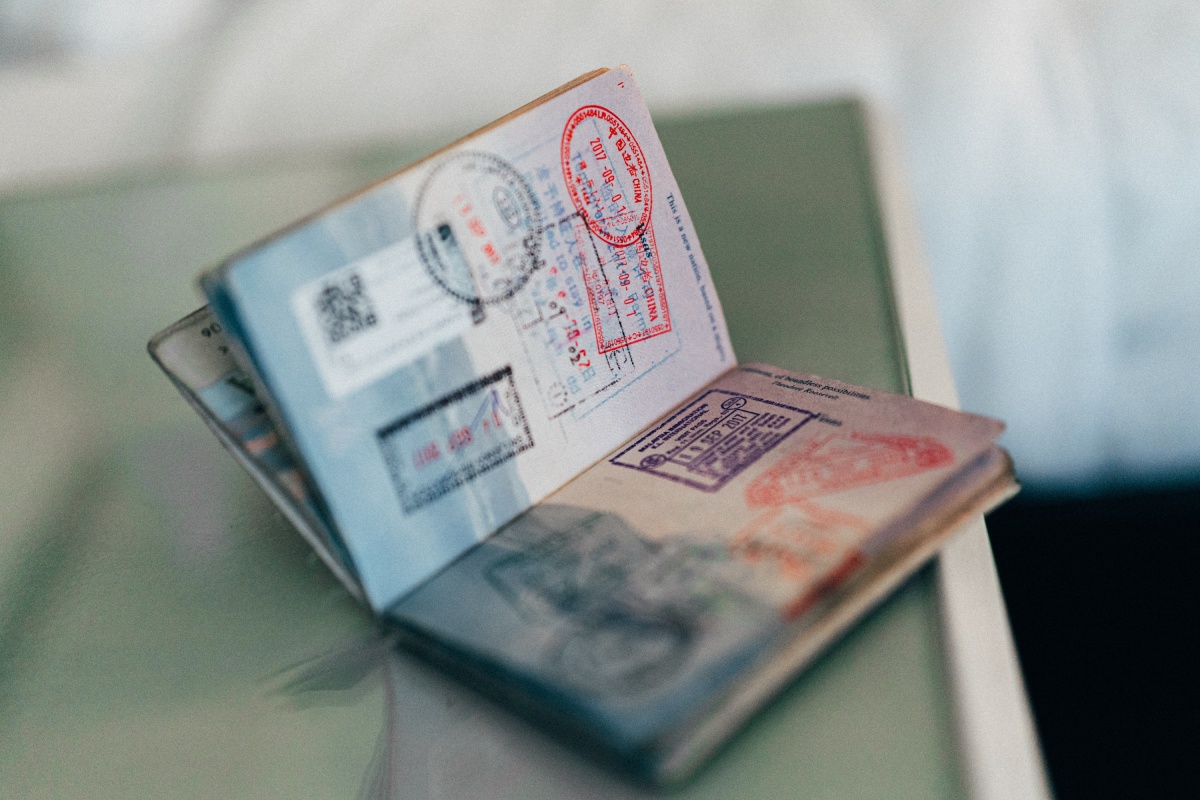Understanding the new DOT rules for refunds
Recently, the Biden administration issued new rules concerning how airlines must act when cancellations or significant delays occur for any flights operating in the United States, namely concerning customer refunds.
These rules also aim when services like wifi or specific seat purchases are either inoperable or unavailable. Additionally, the new rules aim to eliminate surprise, or “junk,” fees that might be imposed by airlines when passengers book travel. There was a lot of fanfare around this announcement but it’s important to understand how these will affect your upcoming travel.
This almost sounds like EU 261, the European Union rule that requires passengers to be compensated for cancellations or delays under specific circumstances, namely when the airline had control of the situation. However, the new US rule is only applicable to delays and cancellations when the customer decides to not travel at all and codifies how airlines should issue refunds without a request being made. While this is a win for most travelers, many domestic carriers already subscribed to this practice. There needed to be consistency, especially with foreign-flagged airlines, when these situations happened.
What does this mean?
Most US-flagged carriers would issue refunds when flights were canceled and the passenger elected not to travel. The biggest change is that if you opt out of flying because of the canceled flight, the airline will have to issue a refund to you automatically, without any prompting from you. This could be a cash refund at the airport or back to the original form of payment within 7 days of the cancellation. There would be no need for you to request the transaction, it would just happen. Plus, now if a flight is delayed more than 3 hours domestically or 6 hours internationally, the passenger can elect not to travel and receive the same refund.
Additionally, if you purchased a specific seat – meaning, it cost you above the published fare to select a seat – and were forced to change flights or otherwise accommodated and didn’t receive that seat, you will have to be refunded that cost. Same for things like wifi and other ancillary services that airlines often offer for a fee.
Timely resolution of luggage issues was another big point in the new rule. While most bags arrive as scheduled more than 99% of the time, if you were unfortunate enough to experience a mishandled bag, the airline has to reconnect you with it within 12 hours or refund the luggage fee. Luggage fees account for a significant amount of revenue for airlines, so this will be a point to keep an eye on.
Be upfront about it
The other major point of the new regulations was for airlines to be more forthcoming about additional charges above the base fare and fees. Things like carry-on and checked baggage fees, flight-change fees, etc., will now need to be more prominent during the booking process. Additionally, these fees will have to be disclosed to third-party sites, like Expedia or other Online Travel Agencies (OTAs), so they can inform their customers of the charges.
Other changes include using language that makes it plain for consumers to understand what they do or do not need to purchase and how that will affect their experience with the airlines. Advance seat purchases are never necessary for guaranteed bookings, for example, but some carriers make it seem like the process is needed if you want to make sure you aren’t denied boarding during an oversold situation.
Billy’s bottom line
Nothing much really changed with the new rule other than to codify standard timings of refunds and push for more disclosure of how fees are charged when booking. Too many travel influencers and blogs touted the change in a manner that seemed like passengers were going to get their money back AND still travel, and that is simply not the case. These passenger protections are a start in the direction of EU 261, but simply put, the US is behind the times in terms of those standards. As always, consider travel insurance (for example GolfSafe) when buying a vacation to prevent these disasters from compounding further.
In the meantime, it’s still up to you to know what you are truly entitled to when these things happen, and finding a trusted source to give you the basic information you need is more important than ever. Whether it be which courses to play, where to stay, or how to get there, everyone at Premier Golf knows where to find the right answers to make your trip as pleasurable as possible.
Billy is a former airline agent and follows the ins and outs of aviation for Premier Golf.
Share this:

